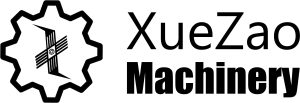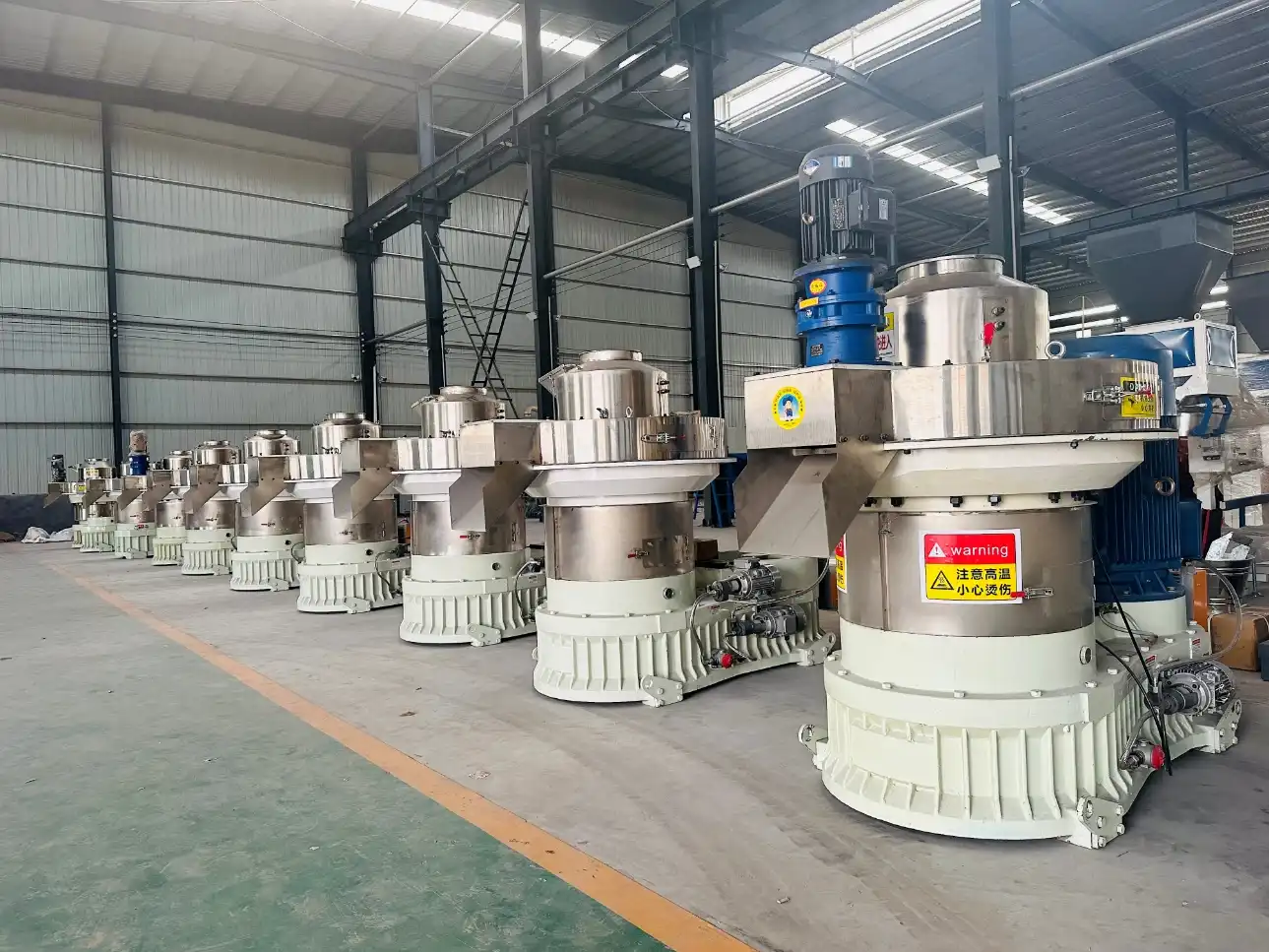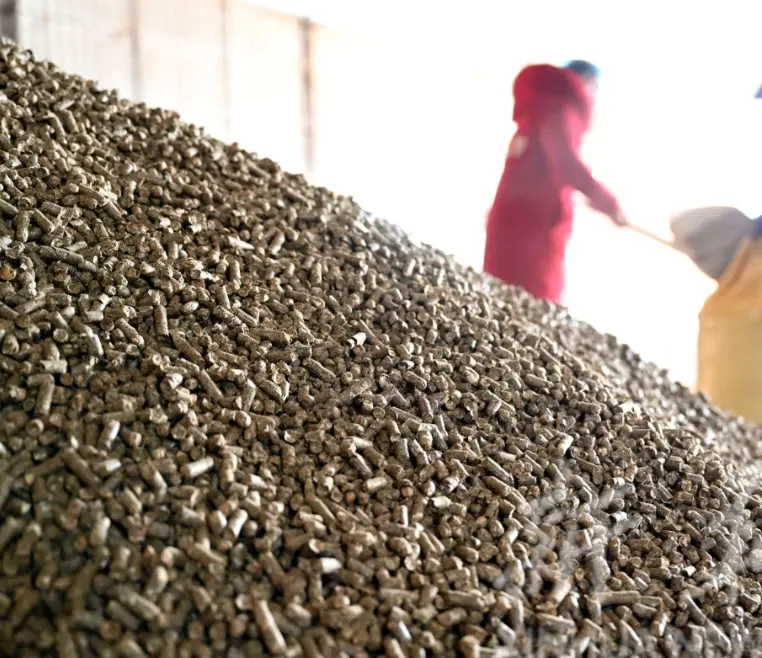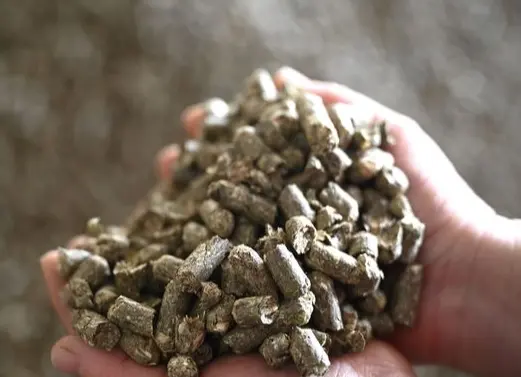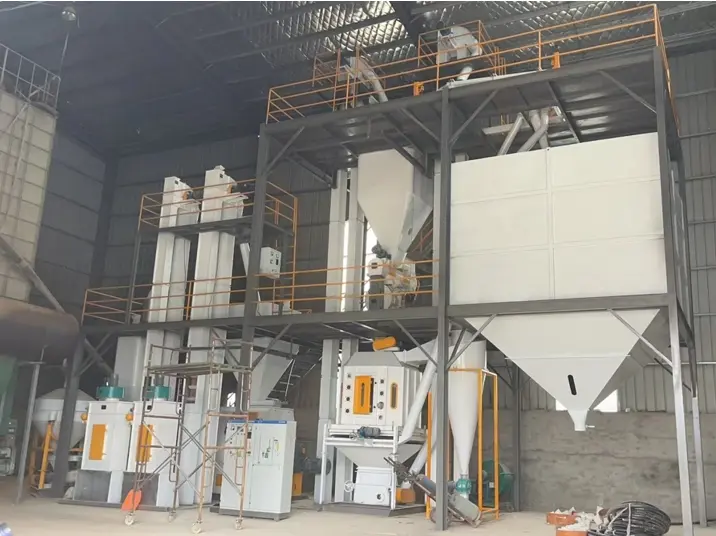Palm Kernal Shell Pellets a good choice for biofuel pellet investment.
Introduction to PKS (Palm Kernel Shell) Pellets

Derived as a by-product from the palm oil industry, PKS, the kernel shell of the oil palm fruit, emerges as biomass residue after separation from the kernel during palm oil pressing. This trend of producing PKS pellets has gained traction in Southeast Asia and Europe, presenting a burgeoning opportunity in the pellet manufacturing industry. Our ring die wood pellet mill, with its robust design and gear transmission system, excels in crafting solid PKS pellets.

Advantages of Using Palm Kernel Shell for Biofuel Pellets
The palm kernel shells, owing to their fibrous nature and relatively small size, are easy to handle and crush. With a moisture content ranging between 11% and 13%, these shells exhibit lower moisture levels than typical biomass materials. Moreover, enriched with residual palm oil, they offer a slightly higher heating value than lignocellulosic biomass. Abundantly found in Malaysia, Indonesia, Thailand, Japan, Korea, and select European countries, PKS stands out with its high solid content, superior calorific value, and minimal ash and sulfur content, making it the prime choice for biofuel pellet production.
Specifications of Palm Kernel Shell
| Property | Calorific value | Moisture content | Ash content | Sulfur | Size |
|---|---|---|---|---|---|
| Value | 20100KJ/kg | 13% | 3% | 0.09% | 4-20mm |
Primary Applications of PKS (Palm Kernel Shell)
1. Substituting fossil fuels and electricity for home heating using PKS pellets
2. Partial or complete replacement of coal in industrial boilers with PKS pellets
3. Power plant utilization in high-efficiency CHP systems to generate electricity
4. Use in high-pressure boilers to prevent incomplete combustion and the emission of dark smoke

Notable Advantages of PKS Pellets
* Low moisture content in palm kernel shell pellets
* High heating energy and efficiency in PKS pellets
* Ease of handling and storage for PKS pellets
* Wide-ranging applicability and ease of control for PKS pellets
* Compatibility with most boiler grating systems
* Minimal to zero smoke emission during combustion with PKS pellets
Investing in PKS pellets for biofuel stands as an exceptional opportunity in sustainable energy, offering myriad applications and notable advantages across various industries.
